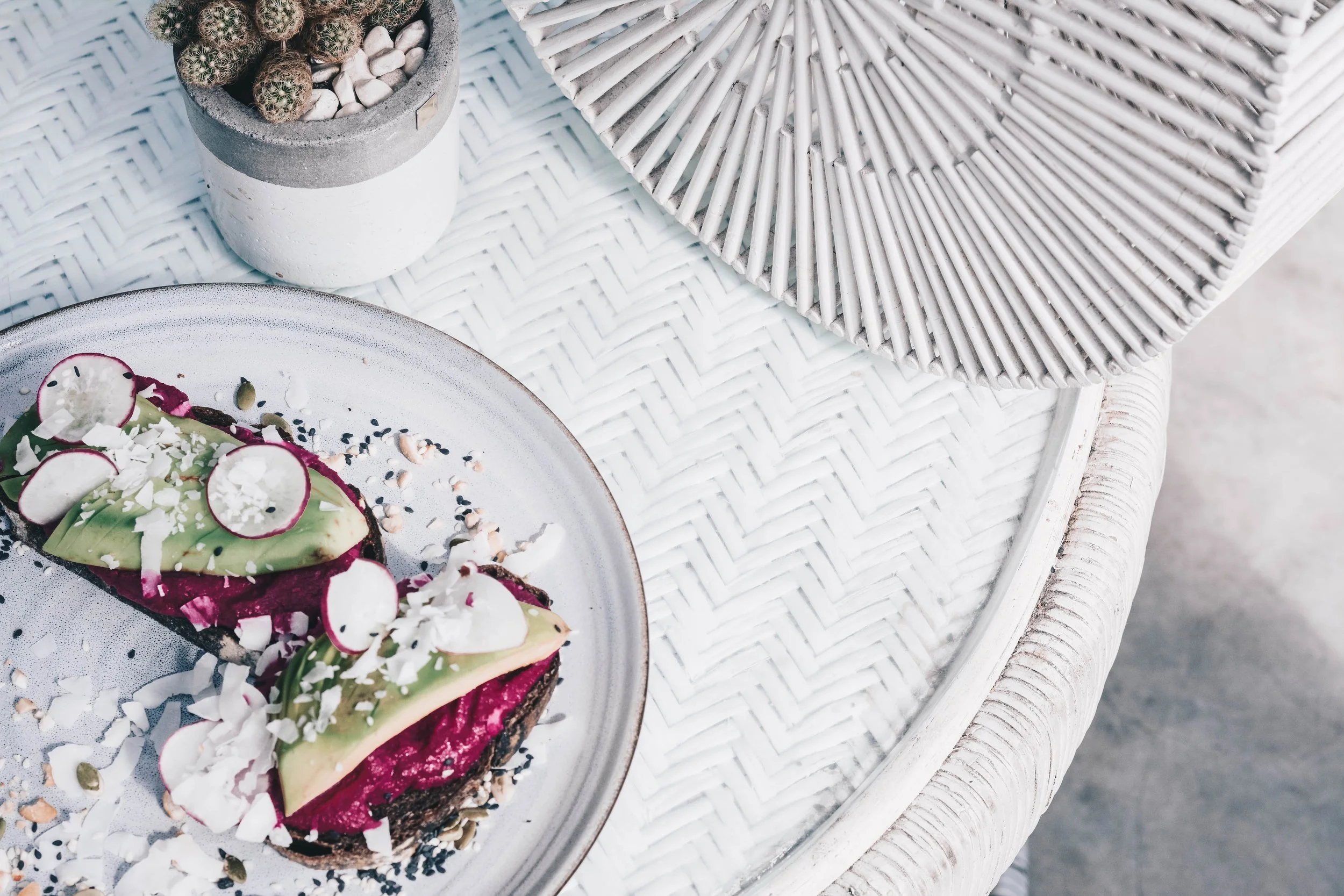Are We Committed To Travelling Better?
The year 2020 certainly changed our outlook on travel, but has it changed our approach?
The way we see something versus how we choose to act on it will dramatically impact the planet and the tourism industry's future.
Now that we know things must change for the better, will we continue to turn a blind eye? Or will we come together as a collective and act!
With our new eco-conscious mindset in play, what should we do next?
This article will highlight my outlook on sustainable travel and list My Top 5 Sustainable Travel Actions that I am personally taking to reduce my negative impact.
I don't believe there is a 100% perfect way to travel; however, I trust it comes down to something as simple as our choices.
I want to encourage my readers to make the most mindful or responsible choice available.
Follow A Plant-Based Lifestyle
This will come as no surprise given the massive following the vegan movement has sparked in recent years. The global pandemic has awakened many to consider both their well-being and the importance of vital mental and physical health. What we eat is directly responsible for the balance of our body, mind and soul.
The animal welfare industry, animal agriculture and factory farming have one thing in common; they are 100% no longer sustainable. No matter if you are on the side of animal rights or the side of health when it comes to choosing to go vegan (or both), we can’t ignore that eating animals is detrimental to the future of our planet.
Harvard University researcher Samuel Myers said, “the global environmental footprint associated with meat consumption is enormous.”
Going vegan is the most critical thing you can do if you want to be a sustainable traveller. You can take no more significant action in 2021 than to reduce or eliminate your meat and dairy intake.
Producing food from plant sources has been shown to have a much lower ecological footprint.
I choose to be vegan every day. Because I can, it is not a matter of power or money but of mindfulness and dedication to living a life that causes as little harm as possible to myself and the animals. The good news is you can too!
I have been travelling full time for the last 15 months as a vegan in Southeast Asia. The plant-based options here are endless, delicious, healthy and affordable. I can purchase a meal of rice, vegetables, tofu and tempeh, and it will cost less than the same dish with chicken, fish and egg.
Everyone I have met on my plant-based journey has been kind, and encouraging and finding community is significant.
Benefits of going vegan today:
You will be taking a drastic step towards reducing your negative impact on the planet.
Deepen your spiritual connection with the world around you and become more compassionate.
You can save money with many essential staple ingredients for vegan meals costing less than meat
You can save time with recipes that don't require the lengthy prep work of meat and seafood
You get to try various food that will have you questioning why you didn't go vegan sooner
Minimise My Flights
Avoiding flights has been much easier with international travel on pause.
Avoiding flights 100% is not likely an option, but I embrace this season of slow travel and make the most of it. I have travelled by plane, train, boat, and everything within Indonesia.
Not flying as much reduces your carbon footprint. Reducing the number of flights you to means you won't contribute as many emissions, and overall your travel is considered more sustainable.
This is because flights produce greenhouse gases such as carbon dioxide (CO2) from burning fuel which cause damage to the environment.
Are you looking for three ways to make flying more sustainable?
1. If you have a flight to catch, ask yourself, are there alternative land travel options you can take? Many destinations have trains that will allow you to reach your destination (even cross-countries) without going to the airport.
2. Did you know that an economy seat is more sustainable than business or first class? This is due to the seat configuration, as more space means fewer people on the same flight, so each person at the front end of the plane accounts for much more of the total pollution.
3. If you can fly direct, this is a better choice for the environment. The largest carbon footprint in aviation is related to when the plane takes off from the runway. The take-off uses more fuel and creates more emissions, so minimising your layovers is just one more way to minimise your carbon footprint when you travel.
Try More Zero-Waste Options
Avoiding plastic is my biggest daily challenge. Plastic is everywhere and it’s polluting our natural environment.
Taking action to reduce single-use plastic when constantly changing my home base and living out of a small backpack is not an easy job.
So here are a few ways that I manage this issue in a destination that heavily relies on single-use plastic:
Bring a reusable water bottle everywhere
Pack a reusable container to avoid plastic bags
Use a fabric tote bag for shopping
Use eco mesh bags for weighing and carrying fruit and vegetables
Soap bars can replace plastic bottles
Say no to plastic straws, plastic bags and plastic cutlery
Focus On Personal Growth
Self-development is something I value in my life.
Remember, we are creating change. Things are beginning to shift.
We have to come together and share our passion, knowledge and ideas and start moving at a much fast pace.
When it comes to my business, I am continuously enrolled in a course, researching, editing, notetaking, and talking to others within my niche.
This naturally progresses into my personal life, too, and I find myself applying what I have been taught and seeking to find out more.
Here is how:
Take online courses
Connect and talk to other travel bloggers
Listen to podcasts in your niche or area of interest
Look out for interesting workshops & seminars
Buy Less
More than ever before, I am embracing my minimalist lifestyle since the beginning of the pandemic. I started this journey in 2016, and it was 100% life-changing.
The art of minimalism is not about owning nothing, throwing everything away or avoiding consumer purchasing. It is directly related to bringing you to a place where you recognise the things you need and why you need them. Each item you own serves a purpose.
The clutter and the mess go away. You can be free from the anxiety of needing the latest and best of everything. Your perspective of what is most important will shift towards experiences and community.
Start by:
Shopping less
Reusing more
Buying second-hand
Understanding each item has a purpose
Donating what you no longer need
Decluttering your home or belongings
Living in a smaller space, using less energy, requiring less cleaning and less furniture
Focusing on quality over quantity
Personally, minimalism is about unburdening my life - so I can live with fewer distractions - focussing on what I care about the most.
Final Thoughts
Perfection is not what we need to strive for when it comes to sustainable travel. There is power in unity, and we can all do something right now to support the future of the tourism industry and the planet.
Together as a collective, we can travel better.
This article contains affiliate links - for more information visit the Terms & Conditions.






